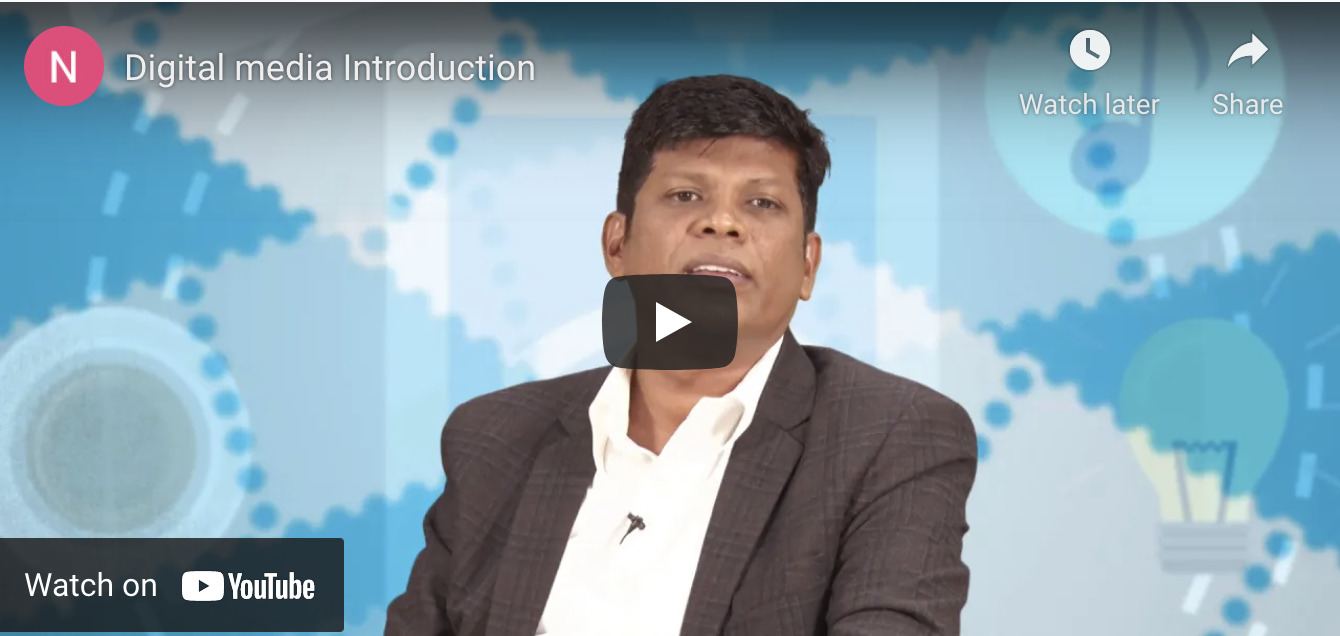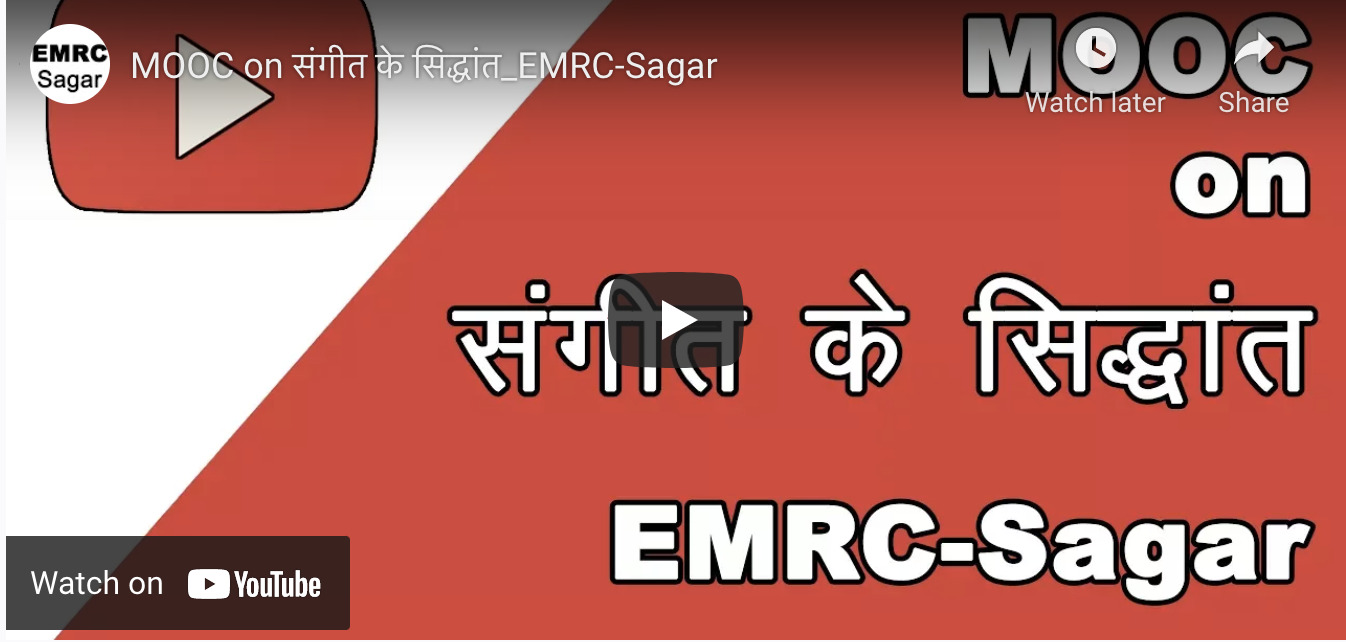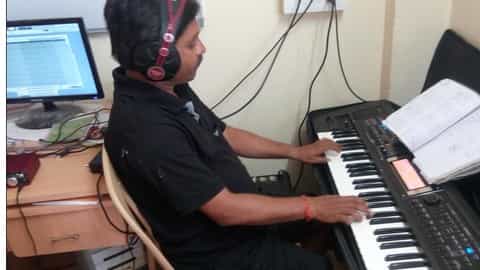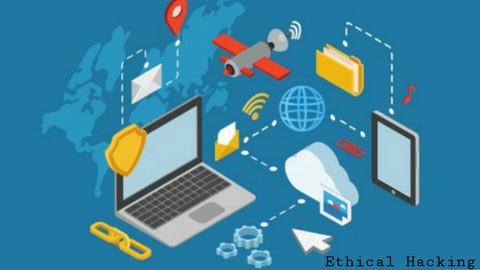Overview
The invention of the network of networks, popularly called as the Internet, has created a massive communication platform in human history. It has made a titanic shift in the way communication is used in our routine life. Besides that, cyberspace, which operates on the Internet platform provided a plethora of opportunities and services that have made massive changes in the way in which traditional social institutions function, like e learning, e-health, e-governance and many more. More importantly, society-wide communications have changed from the institution-oriented mass delivery system into individual-based interactive information exchanges. The information in the web page or social media account transcends national boundaries and reaches globally.With the 900+ million mobile subscribers, 600+ million Internet users, and 400+ million social media Millennials, the Indian online scenario is astonishing. India is the second in the global scenario to have the highest number of Internet users and mobile subscribers. However, only half of the Indian population has access to the Internet as of 2020, and there is an urgent necessity to understand the existing digital inequalities, participation, and representations of various sections in the digital environment. These features of digital media are focus areas of this course, specifically as the whole learning is centred around Indian scenarios.This course DIGITAL MEDIA is designed to orient learners in four broad areas – the relationship between digital media and society, the significance of social media, tracing experiences of the Internet in the Indian context and the application side of digital media. The whole course is divided into 16 weeks, with the following objectives:1. to describe the characteristics of digital media and emerging trends in Information and Communication Technologies;2. to analyse the ramifications of social media in the Indian con text;3. to examine the participatory role of the Internet and its utilisation for social empowerment; and4. to explain the role of Internet-based applications in the development sectors.Course Credit: 4
Syllabus
Course layout
Block: New Media and SocietyWeek 1: Internet as a MediumWeek 2: Digital Media & SocietyWeek 3: Issues of Access and Participation
Week 4: Policy Frameworks and Regulations
Block : Social Media in Indian Scenario
Week 5: Spectrum of Social MediaWeek 6: Online News SharingWeek 7: Social Media AudienceWeek 8: Applications of Social Media
Block : India’s Experiences with the Internet
Week 9: Internet and Marginalised Sections
Week10: Participatory Online MediaWeek 11: Online ActivismWeek 12: Democracy and Digital Media
Block : ICT for DevelopmentWeek 13: ICT for EducationWeek 14: Health and ICTWeek 15: E-governanceWeek 16: Entrepreneurship and Digital Media
Taught by
Dr. K S Arul Selvan



